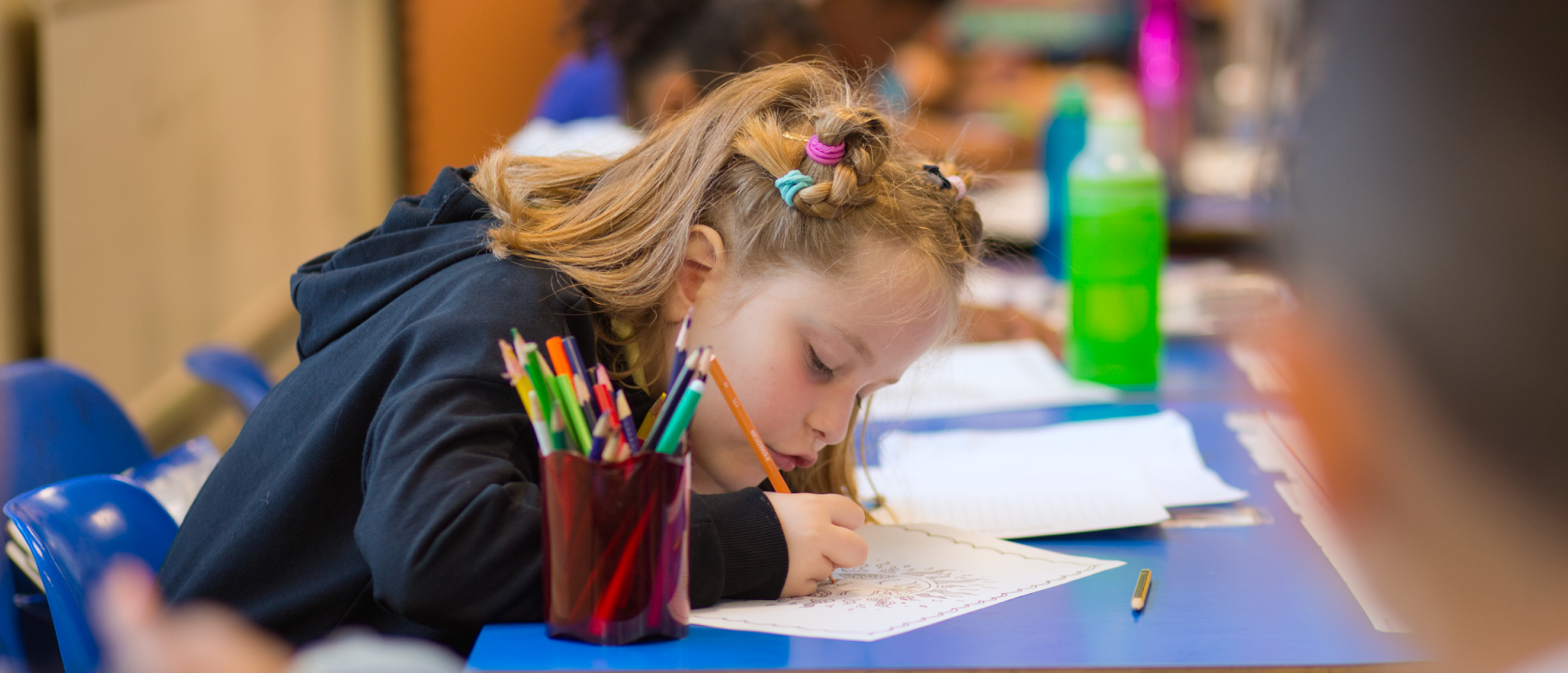

Writing
Writing
Writing at Holmleigh Primary School
At Holmleigh Primary School, we recognise that writing is a vital skill that empowers students to express creativity, communicate effectively, and deepen their understanding of the world around them. We are committed to nurturing confident and skilled writers through the Talk for Writing approach to the teaching of writing.
Introduction to Talk for Writing:
Holmleigh Primary School is currently in the introductory stage of implementing Talk for Writing, an innovative approach designed to enhance students’ writing skills through storytelling, imitation, and structured writing activities. Through this method, students learn to internalise language patterns, experiment with different writing styles, and develop their own voice as writers. Talk for Writing empowers students to become proficient storytellers and articulate communicators across various genres.
The Talk for Writing approach
The Talk for Writing approach enables children to imitate orally the language they need for a particular topic, before reading and analysing it, and then writing their own version. Here are the key phases:
- Baseline assessment and planning – the cold task
Teaching is focused by an initial assessment of what the children can already do in the form of a cold task. The aim is to see what children can do independently at the start of a unit so the teacher can work out what to plan to teach the whole class.
- The imitation phase
The teaching begins with a creative ‘hook’ which engages the pupils with a sense of enjoyment, audience and purpose. The model text is pitched well above the pupil’s level and has built into it the underlying, transferable structures and language patterns that children will need when they are writing. This is learned using a ‘text map’ and actions to strengthen memory and help children internalise the text. Once children can ‘talk like the text’, the model and other examples are then read for vocabulary and comprehension before being analysed for the basic text (boxing up) and language patterns as well as writing techniques or toolkits. Short-burst writing is used to practise key focuses such as description, persuasion or scientific explanation.
- The innovation phase
Once children are familiar with the model text, they then start to create their own versions. Through planning, children change the text map and orally develop ideas prior to writing. Shared and guided writing is used over a number of days and feedback is given so pupils can improve their own work
- 4. The independent application and invention phase – the hot task
Eventually, students move on to the final phase, which is when they apply independently what has been taught and practised. Children are guided through planning, drafting and revising their work independently. Writing may be staged over a number of days and there may be time for several independent pieces to be written. The final piece is used as the ‘hot’ task, which clearly shows progress across the unit.
Integration of Speaking and Listening:
Effective communication is fundamental to our writing curriculum. We integrate speaking and listening activities throughout our writing sessions to encourage students to articulate their ideas, discuss their writing process, and participate in peer feedback. This collaborative approach fosters confidence in oral communication skills and enhances students’ ability to express themselves effectively in writing.
Assessment and Progress Tracking:
- Formative Assessment: Ongoing assessment during writing sessions informs teaching and learning, guiding next steps and identifying areas for development.
- Cold Task & Hot Task
Teaching is focused by initial assessment. Teachers use what is known as a ‘cold’ task. An interesting and rich starting point provides the stimulus and content but there is no initial teaching. The aim of this is to see what the children can do independently at the start of a unit, drawing on their prior learning. Assessment of their writing helps the class teacher work out what to teach the whole class, different groups and adapt the model text and plan. Targets can then be set for the class. By the end of the unit, pupils complete a ‘hot’ task which is an independent task on a similar type of writing. Progress should be evident which encourages pupils and helps school track the impact of teaching.
- Summative Assessment
Termly writing tasks, moderation, Pobble
Conclusion:
At Holmleigh Primary School, we are dedicated to cultivating confident and proficient writers through the introductory stage of implementing Talk for Writing. Our curriculum not only develops essential writing skills but also fosters creativity, critical thinking, and effective communication. We believe that by empowering students to express themselves through writing, we prepare them for success in their academic and personal lives.
Explore more about our approach to writing and literacy development at Holmleigh Primary School. For further information, please contact us or visit our school to see our writing programs in action.
